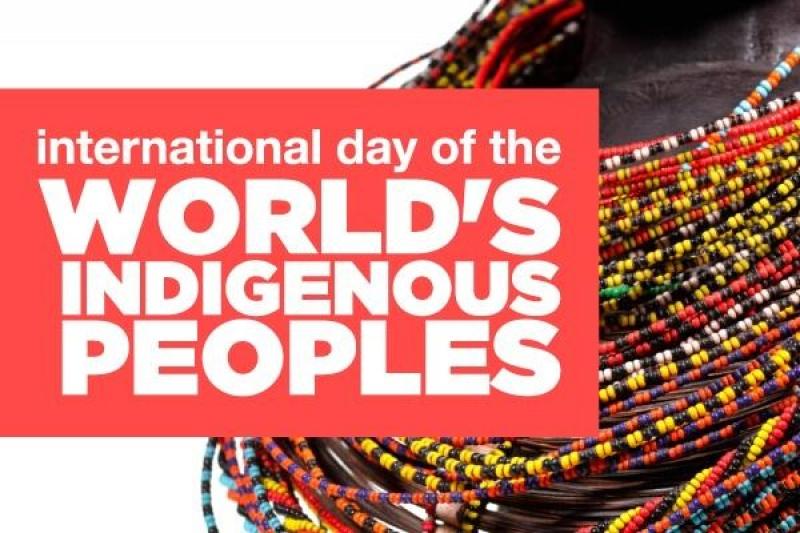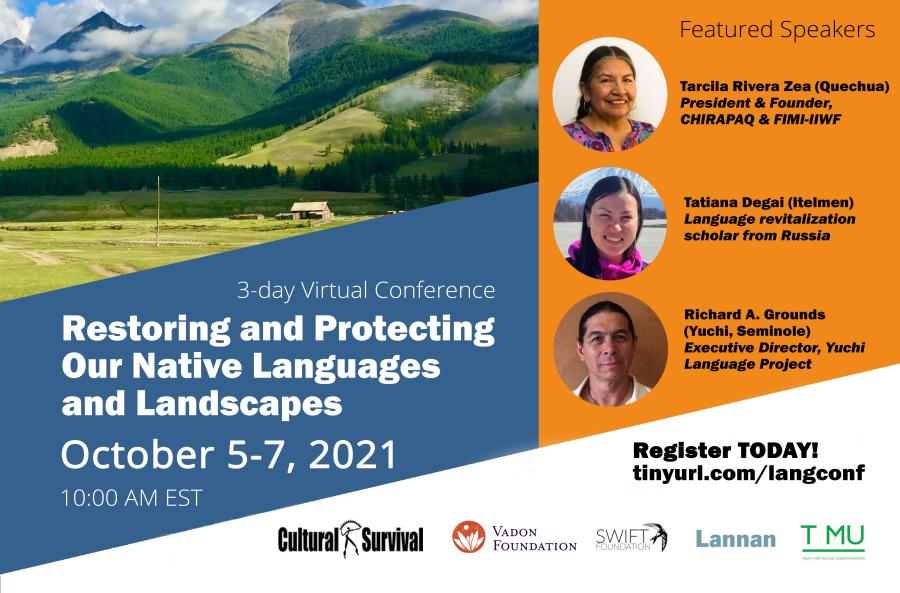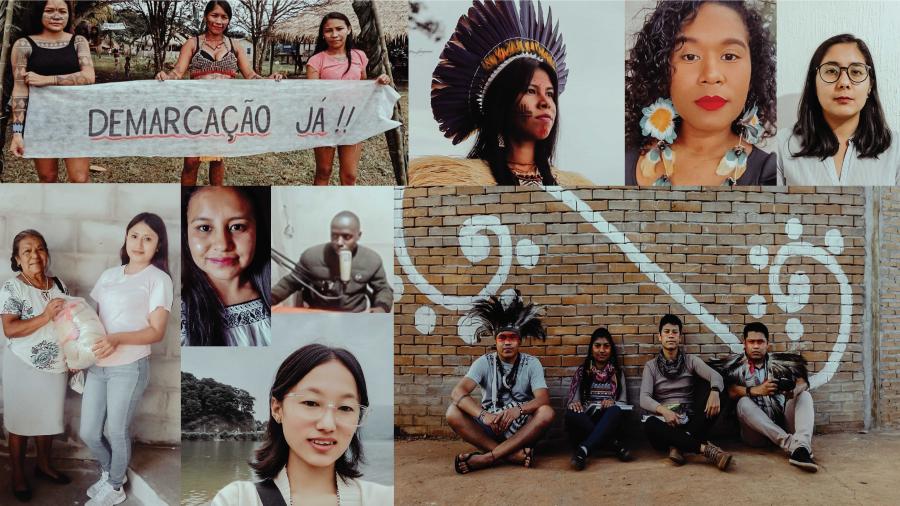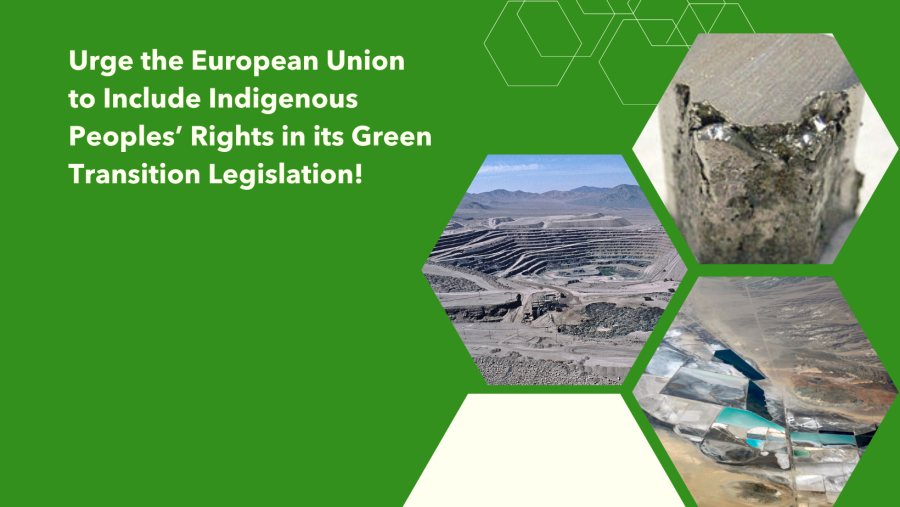
The annual commemoration of the International Day of the World’s Indigenous Peoples was held on August 9, 2014 at the UN Headquarters in New York. The event highlighted the importance of implementing the rights of Indigenous peoples and marks the twentieth year of the global celebration.
The commemoration was organized by the Secretariat of the Permanent Forum on Indigenous Issues DSPD/DESA, the United Nations Department of Public Information, and the NGO Committee on the Decade of the World’s Indigenous Peoples. Speakers included Ban Ki-moon, Secretary-General of the United Nations; John Ashe, President of the General Assembly; Wu Hongbo, Under-Secretary-General of the Department for Economic and Social Affairs; Daniela Bas, Director of the Division for Social Policy and Development; and Edward John, Vice Chairperson of the United Nations Permanent Forum on Indigenous Issues.
The theme of this year’s celebration, “Bridging the gap: Implementing the Rights of Indigenous Peoples”, sparked conversation about the current state of Indigenous rights as well as the frameworks needed to bolster their implementation. Ban Ki-moon stated that “in order for [Indigenous Peoples] to contribute to our common future, we must secure their rights.” He went on to urge the international community to recognize and celebrate the valuable and unique identities of Indigenous Peoples worldwide: “Let us work even harder to empower them and support their aspirations.”
An showing of the film “Voices Through Time” by Centro de Culturas Indígenas del Perú opened the annual event. The film documents the efforts of Peruvian Indigenous communities as they use media to expose social injustice and take a stand against rights abuses. An interactive dialogue called “Indigenous Media, Empowering Indigenous Voices” was also held in the ECOSOC Chamber. Discussion further underlined the significance of Indigenous-led media in breaking down stereotypes, shaping Indigenous identities, entering into constructive conversation with mainstream culture, and impacting the social and political climate of today’s world.
Cultural Survival Board member Grand Chief Edward John called attention to the marginalization of Indigenous communities and their cultural contributions, stating that basic human rights such as self-determination and quality of life are being infringed upon across the globe. The Grand Chief also called for action to combat the current trend of language extinction among Indigenous Peoples, adding that one Indigenous language ceases to exist every two weeks on average.
Irina Bokova, leader of the UN Educational, Scientific, an Cultural Organization (UNESCO) outlined the two-pronged approach that UNESCO is taking towards protecting cultural diversity. She states that it is important to encourage the real-word use of Indigenous cultures, languages, and traditions, while also providing opportunities for Indigenous individuals to acquire skills that enable them to participate fully in the global political and social arenas.
The event was closed by Roberto Múcaro Borrero, who advocated the use of communication networks between Indigenous communities in order to empower individuals who might otherwise be isolated and unable to exercise their agency on a larger scale. Fostering open and accessible communication is also an important step towards allowing communities to collectively shape solutions to Indigenous problems regarding economic and social development, culture, the environment, education, health and human rights.
Watch the 20th annual Commemoration of the International Day of the World’s Indigenous Peoples here.



